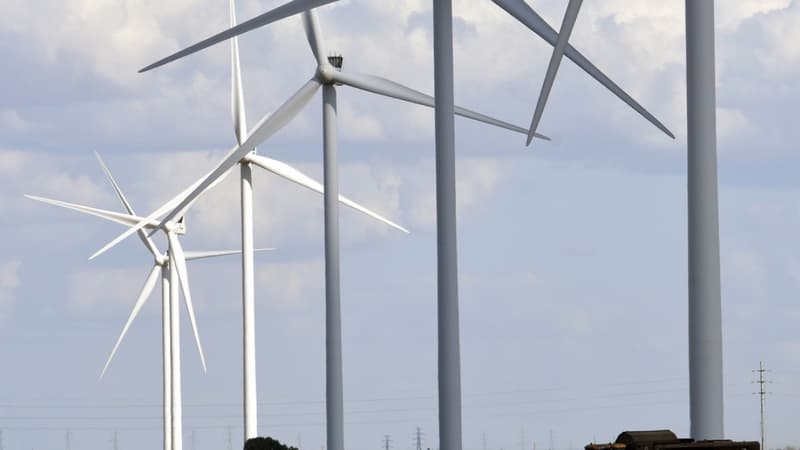The investments needed to decarbonise the French economy will slow growth and increase public debt in the coming years, according to a report published Monday by France Strategy, which plans to tax the wealth of the richest.
Replacing the use of oil, gas or coal with renewable energy and nuclear energy will be based 85% “in the substitution of capital for fossil fuels” and only around 15% in sobriety efforts, such as lowering the temperature of heated rooms or move less, according to this report commissioned by Prime Minister Elisabeth Borne from economist Jean Pisani-Ferry.
Thus, decarbonization will require an additional investment of 66,000 million euros per year in 2030, says the document whose rapporteur is the Inspector General of Finance Selma Mahfouz. The report is made public as Elisabeth Borne unveils her plan on Monday to speed up cuts in France’s greenhouse gas emissions.
“To achieve our 2030 goals” of reducing emissions by 55% compared to 1990 “and thus aiming at neutrality in 2050, we will have to do in ten years what we have struggled to do in 30 years,” the document underlines. And the investments necessary to limit global warming will not allow us to produce more, nor more efficiently. On the contrary, they will initially lead to a slowdown in growth.
“Increase in mandatory fees”
In addition, “the economic cost of the transition will only be politically and socially accepted if it is distributed equitably.” In addition, to support both households and businesses, “public finance will be asked to contribute substantially to the effort.”
Due to the new spending and the slowdown in growth, the risk that the energy transition poses for public debt “is around 10 points of GDP in 2030 (that is, at least 280,000 million euros, editor’s note), 15 points in 2035, 25 points in 2040 “, according to the report, which judges, however, that “it is useless to delay efforts in the name of controlling public debt”.
“An increase in mandatory fees will probably be necessary,” according to the authors, who believe that “it could be based on the wealth of wealthier households.”
Source: BFM TV


